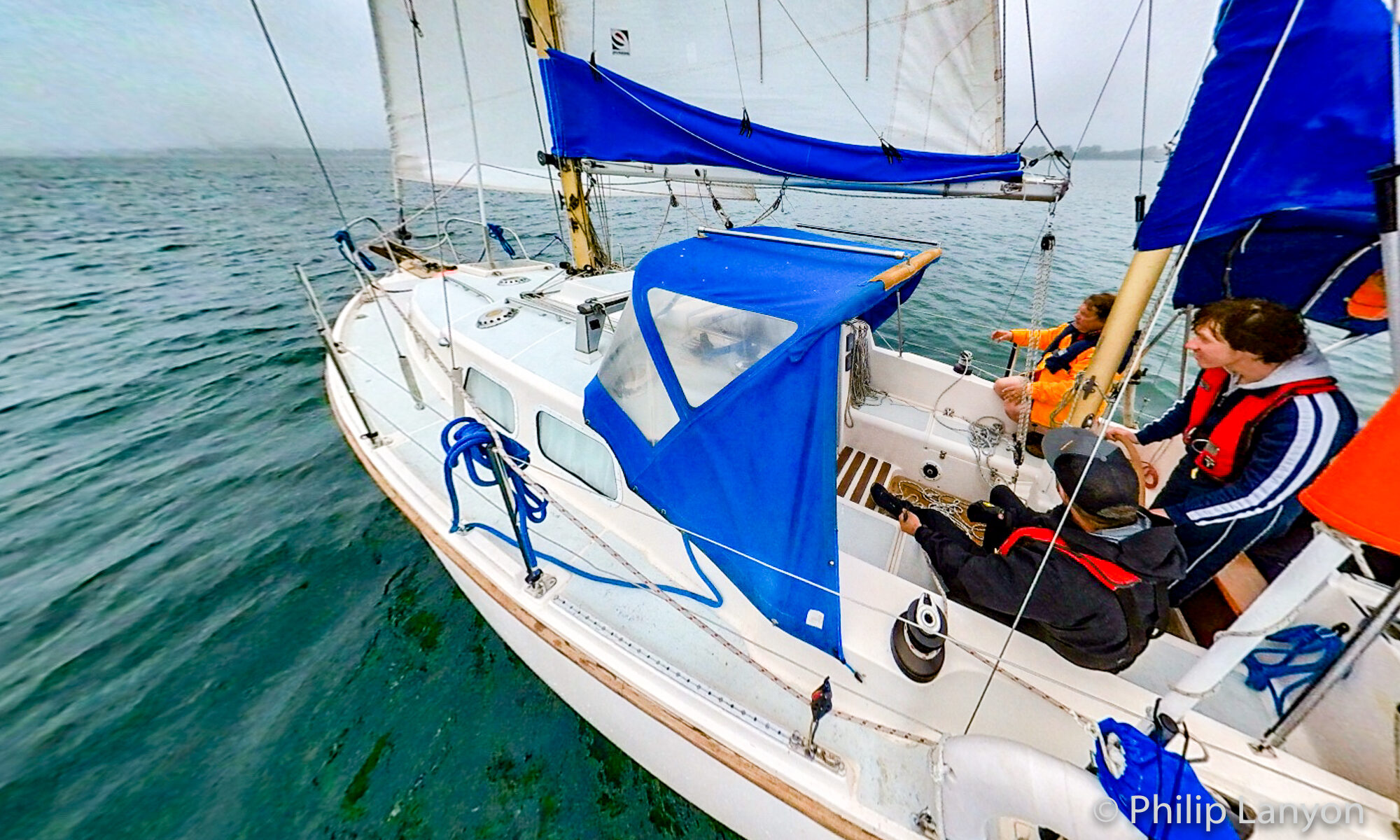
VHF radio operator course
Great Lakes Sailing School offers an official Industry Canada course and exam to get your Restricted Operators Certificate (Maritime) with DSC (Digital Selective Calling) endorsement. You will learn how to operate VHF marine radio and practice using it in different situations.
Restricted Operators Certificate (Maritime) is the proof that you know how to operate your radio to efficiently exchange information among your fellow sailors and how to communicate effectively in case of emergency.
Why not a mobile phone?
Radio has several advantages over the phone:
You do not need to have phone reception.
It is possible to address numerous parties at once.
You do not need to know the number to call.
Duration
You course is 6 hours total and 3 hours per day any day of the week from 10 am to 1 pm or other time convenient for the group.
Please make your reservation at least one week before the course date you would like to come.
Custom schedule available for private lessons.
Price
For a group of two or more students price is $180 per person.
Private lessons for one participant on custom schedule is $210.
ROC(M) card is $35 per person.
Studying Materials included: Student Notes, practice software, and one exam.
If you wish for the learning material to be mailed to you, please send your mailing address. Postage is $20.
Because places are limited please register early.
To confirm your registration please transfer $90 by Interac transfer to alexeip1@yahoo.ca.
Remaining part of the fee is due on the course start date.
You may customize the schedule to suit the group.
Winter course runs in Port Credit, Mississauga. Please contact for details. Street parking is free.
VHF radio is the standard method of communication for marine vessels.
Turning on your VHF (Very High Friquency) radio on board your vessel whenever you leave the dock is a very good idea for many practical reasons. Radio can connect you to anyone who has their radio turned on. It allows you to instantly receive general information from authorities. It also allows for instant communication with the coast guard and all near-by vessels in case of emergency.
Anyone turning on a VHF radio is considered to be a radio operator and must have an ROC (Restricted Operators Certificate (Maritime) certificate according to Canadian and international law. And, you guessed it, there are penalties in the law that any Police or Coast Guard Officer can impose on you in case you do not have a Certificate or do not follow the rules of radio communication.


